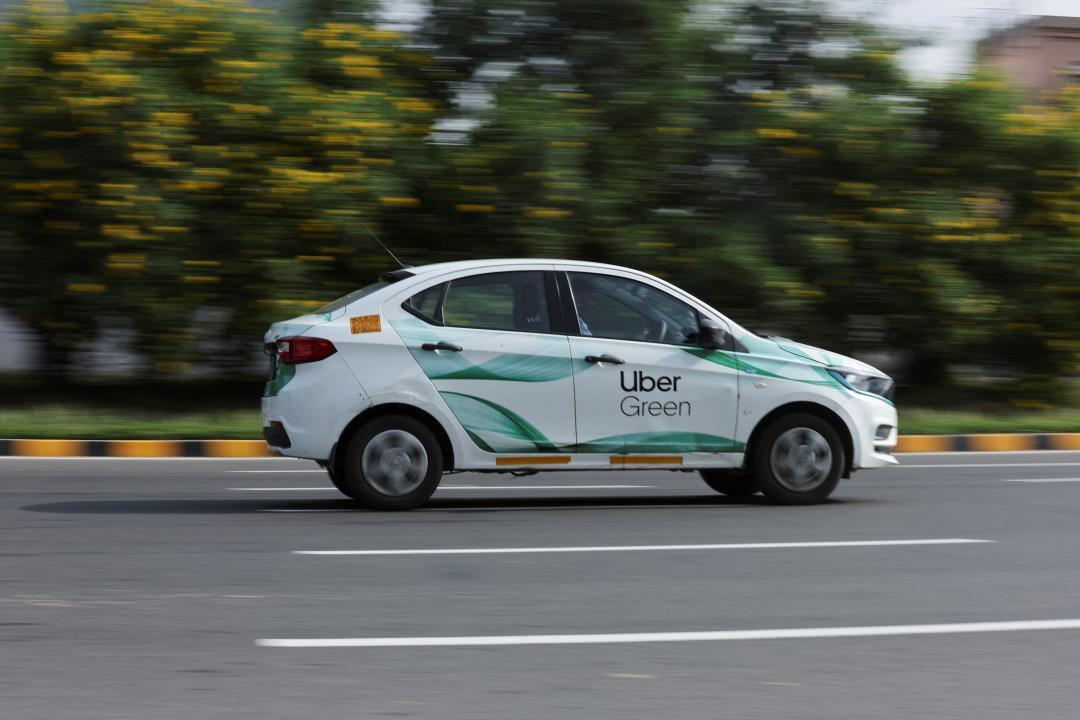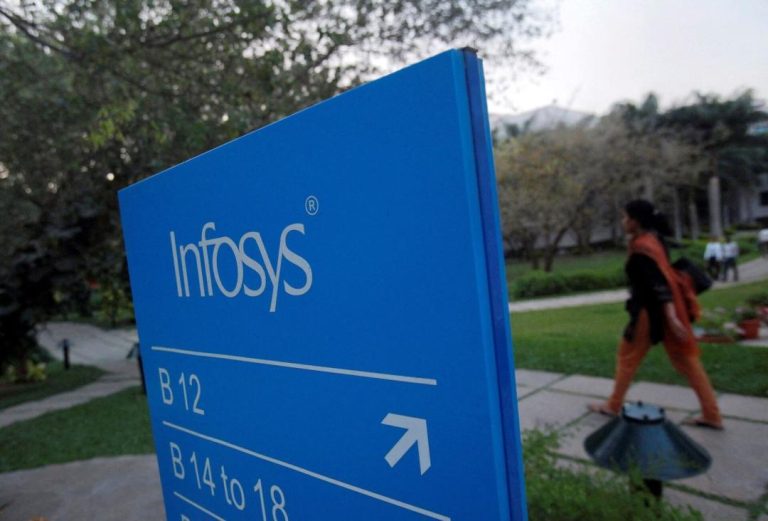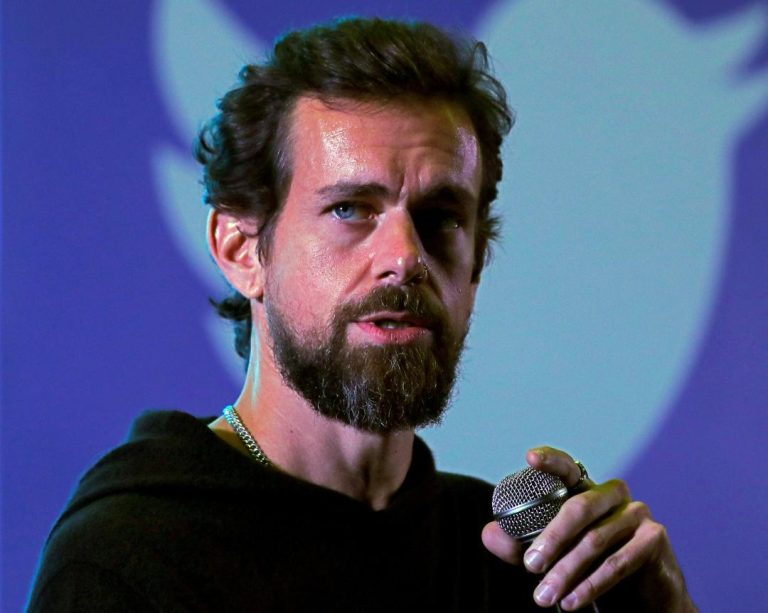
Why are Ola, Uber & Rapido drivers on indefinite strike in Mumbai?
In a significant disruption to the city’s transportation network, drivers of Ola, Uber, and Rapido, popular ride-hailing services, have gone on an indefinite strike in Mumbai, leaving commuters facing longer wait times and fewer cabs on the road. The strike, which began on a recent Tuesday, has resulted in a significant impact on the daily lives of Mumbaikars, particularly office-goers and students.
So, what’s behind this sudden strike, and what are the demands of the striking drivers? To understand the reasons behind this strike, it’s essential to delve into the financial struggles faced by these drivers.
The drivers’ income conundrum
According to various reports, drivers of these ride-hailing services earn around ₹8-12 per kilometre after deducting aggregator commissions and fuel expenses. This is a significant drop from their initial earnings, which were around ₹20-25 per kilometre when the services started. The drivers claim that these earnings are unsustainable, especially considering the rising fuel and maintenance expenses.
For instance, a driver who earns ₹10 per kilometre would need to complete at least 200-250 trips to earn a daily income of ₹2,000-2,500. However, this is not a feasible goal, especially during peak hours when traffic congestion and long wait times make it challenging to complete trips efficiently.
The impact on drivers’ livelihoods
The striking drivers have expressed their frustration and desperation, stating that their income is not enough to sustain their daily expenses, let alone their family’s needs. Many drivers have taken on second jobs or work multiple shifts to make ends meet, but this has taken a toll on their physical and mental health.
The strike is not just about better pay; it’s also about dignity and respect. Drivers feel exploited by the companies, which they believe are not doing enough to support them. The strike is a cry for help, a plea to the government and the companies to recognize the value of their contributions to the city’s transportation ecosystem.
The impact on commuters
As the strike continues, commuters are facing significant challenges in getting around the city. Long wait times, empty cabs, and cancelled rides have become the new norm. The strike has also led to a surge in prices of taxi services, further adding to the woes of commuters.
The strike has also disrupted the city’s food delivery and logistics services, which rely heavily on these ride-hailing services. Restaurants and food establishments are struggling to deliver orders on time, while e-commerce companies are facing difficulties in delivering goods to customers.
The authorities’ response
In response to the strike, the authorities have assured that they are doing everything possible to resolve the issue. The Maharashtra government has constituted a committee to negotiate with the striking drivers and companies to find a solution.
The Mumbai Police have also been deployed to maintain law and order, ensuring that the strike does not turn violent. However, the authorities have not taken any concrete steps to address the core issues faced by the drivers.
The role of the government
The government has a crucial role to play in resolving this crisis. By regulating the ride-hailing industry and ensuring fair wages for drivers, the government can help mitigate the impact of the strike.
The government can also consider implementing measures to reduce the cost of living for drivers, such as providing subsidies for fuel and maintenance expenses. Additionally, the government can work with the companies to increase the earnings of drivers, ensuring that they can sustain their daily expenses and earn a decent living.
Conclusion
The indefinite strike by Ola, Uber, and Rapido drivers in Mumbai is a wake-up call for the authorities and the companies to address the financial struggles faced by these drivers. The strike is not just about better pay; it’s about dignity, respect, and a decent living.
As the strike continues, it’s essential for the authorities to engage with the drivers and companies to find a resolution that benefits all parties involved. The government must play a proactive role in regulating the ride-hailing industry and ensuring fair wages for drivers.
Ultimately, the success of the strike will depend on the willingness of the authorities and companies to listen to the demands of the drivers and work towards a solution that benefits all.
Source:






